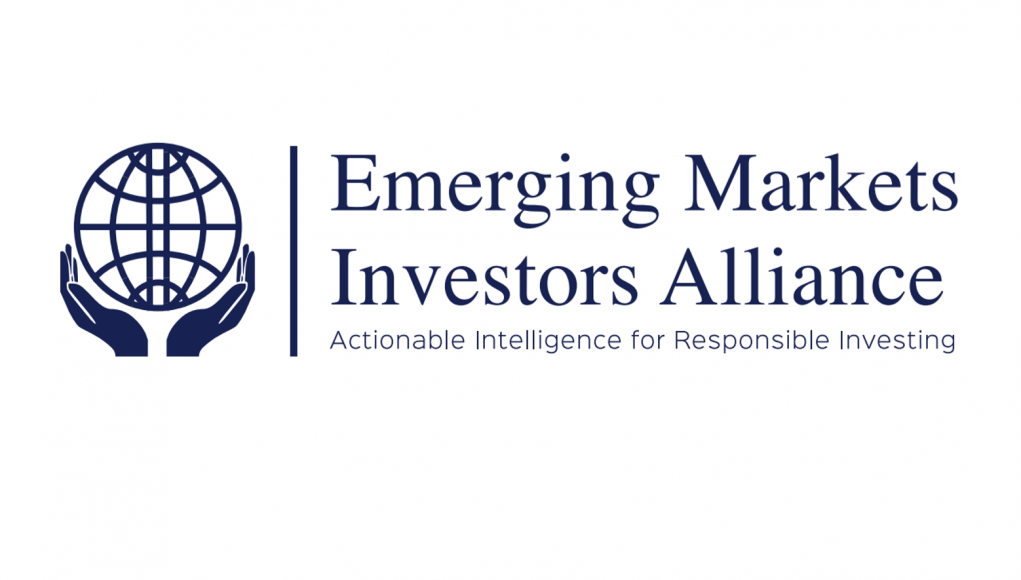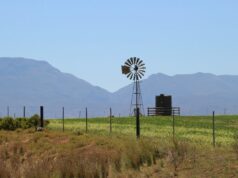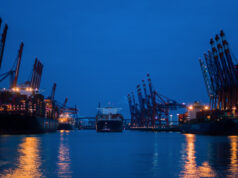INSIGHT by Emerging Markets Investors Alliance
| This Brief is part of a series looking into sustainability issues in the corporate sector relevant for emerging markets investors.
Major tailings accidents in recent years such as at Samarco and Brumadinho in Brazil have awoken investors to risks posed by the long-term storage of mining waste. With an estimated 3500 tailings storage facilities (TSFs) worldwide, and more being built every year, accidents are likely to continue. We provide a primer on tailings risk in emerging markets and assess the new Global Tailings Portal dataset as well as the Responsible Mining Index to identify which countries and companies have the greatest exposure to tailings risk. Chile, Russia, South Africa, Peru, Brazil and Poland are the most exposed EM countries. Top exposed stocks are Vale, Anglogold Ashanti, Evraz, Severstal, Sibanye-Stillwater, Phosagro, Antofagasta and KGHM. We suggest ways investors can assess tailings risk in their portfolios and questions to ask management when engaging on this issue
Access the full Issue Brief here.
| Steps investors can take to assess tailings risk:
〉Many mining companies, and some oil & gas companies, operate tailings facilities. This is particularly true for copper, gold, iron ore and phosphate producers. Absent contrary information, investors should assume an extractive company operates tailings facilities.
〉The Global Tailings Portal (https://tailing.grida.no) is a good first stop for evaluating company tailings exposure. However this database is still being developed and is not complete. Disclosures in a company’s sustainability or integrated report can also be relevant.
〉According to the GTP, the following emerging markets companies have the most tailings by volume: Vale, Anglogold Ashanti, Evraz, Severstal, Sibanye-Stillwater, Phosagro, Antofagasta and KGHM. Investors in these companies should be particularly attuned to this issue.
〉Another source on the quality of tailings management and disclosure by global minings companies is the RMI Report 2020. The RMI gives strong ratings on disclosure to AngloGold Ashanti, Sibanye-Stillwater, Antofagasta, Polymetal, Vedanta, Gold Fields, Vale and Evraz. However these firms receive weaker scores on the tracking and management of tailings risks as well as actions to prevent aqueous tailings disposal. The remaining EM miners in the RMI score considerably worse overall, with 6 miners receiving a 0 across the board: Buenaventura, China Shenhua, NMDC, Coal India, Zijin and Nordgold.
〉Investors should be aware of the regulatory frameworks of the countries in which their companies operate. Companies operating TSFs in countries with weaker regulations deserve greater scrutiny. Research by the GTR rates Kazakhstan, Chile and South Africa as having relatively stronger regulatory frameworks, and China, Russia and Brazil as relatively weaker.
| How investors should engage with companies on tailings:
〉Ascertain a company’s commitment to the new Standard. If a company has committed to adopting it, determine over what time frame. If it has not made such a commitment, determine why not.
〉Ask companies to consider adoption of a more rigorous tailings framework, such as the recommendations in Safety First Guidelines.
〉Specific commitments to encourage: a ban on upstream TSF design; a ban on aqueous tailings release; limits to TSF density; appropriate financial assurance and public liability insurance.
〉Encourage consideration of technologies that reduce tailings footprints such as filtered tailings, in-situ leaching and designer tailings.
〉Advocate companies to commit to management of and disclosure on all mining waste, including waste rock or heap leach facilities, in addition to tailings.
〉Determine whether a company has disclosed full details of all TSFs to the Investor Mining and Tailings Safety Initiative and in its Sustainability or Integrated Report. If not, urge the company to do so.
| further information on the Emerging Markets Investors Alliance in the Initiative Spotlight
| All opinions expressed are those of the author. investESG.eu is an independent and neutral platform dedicated to generating debate around ESG investing topics.








